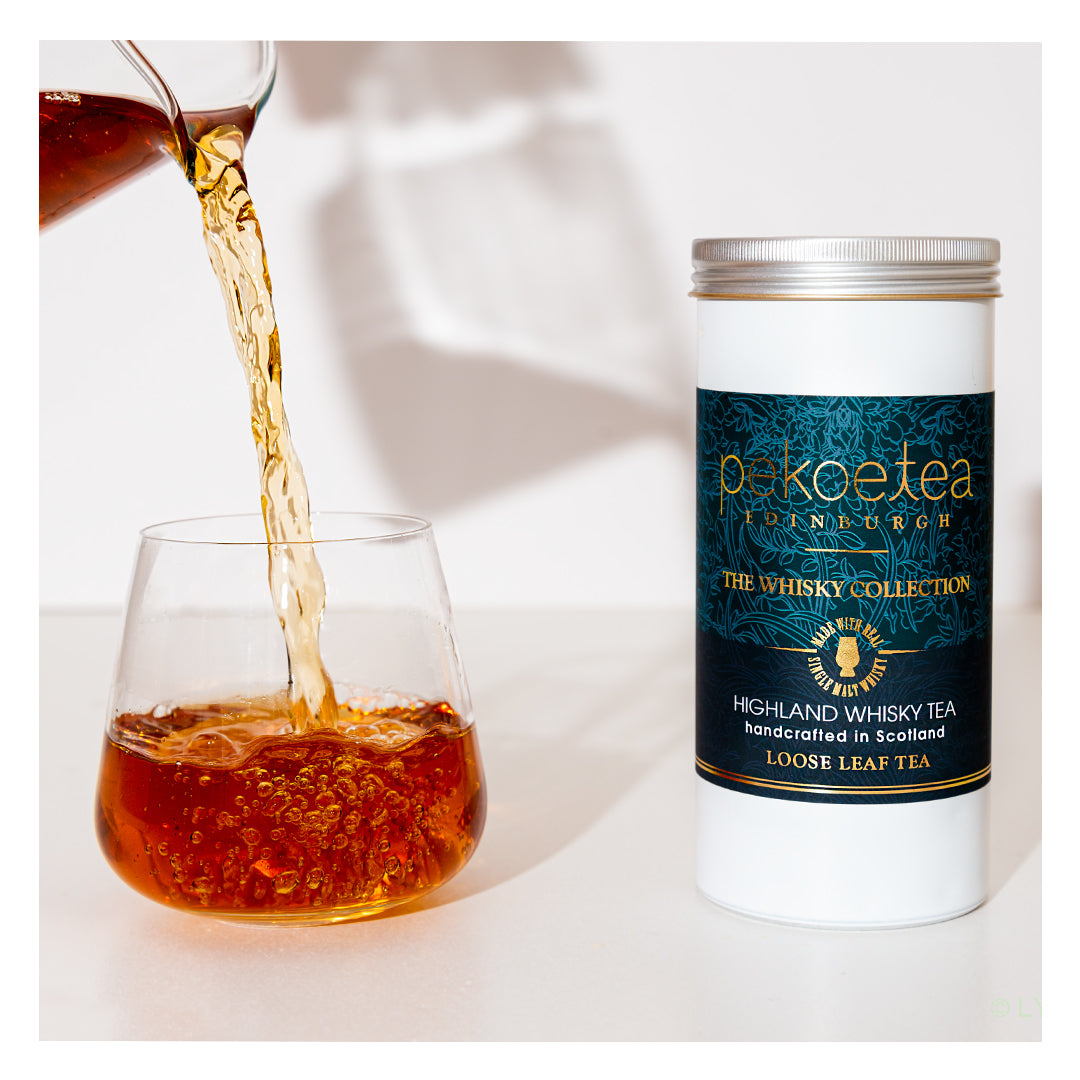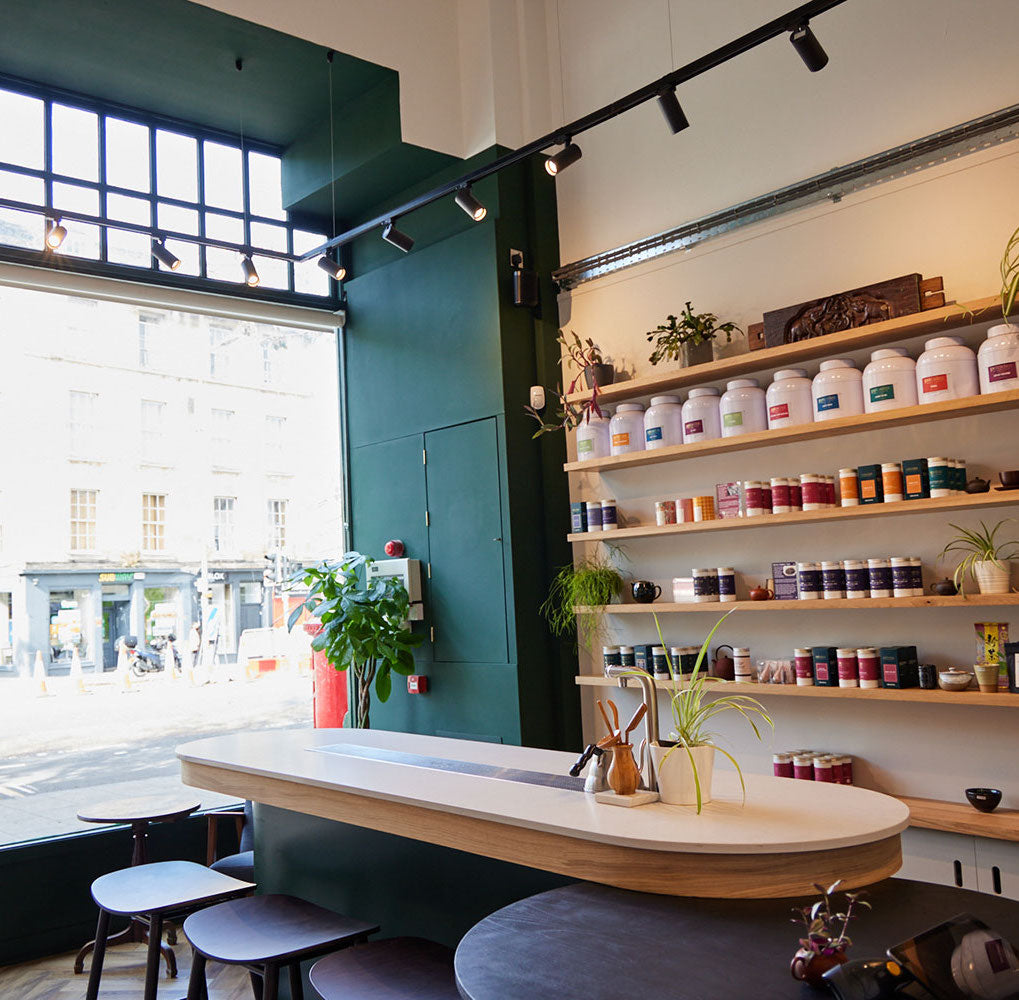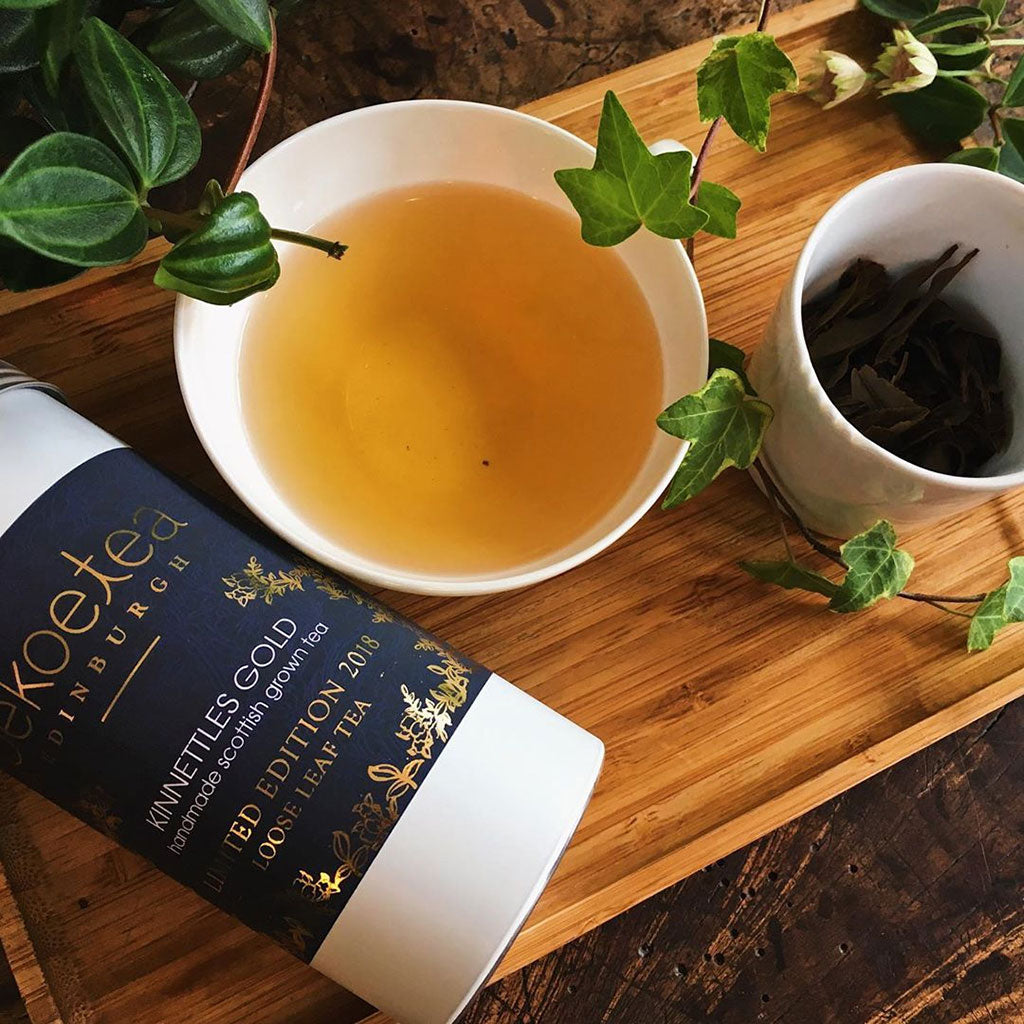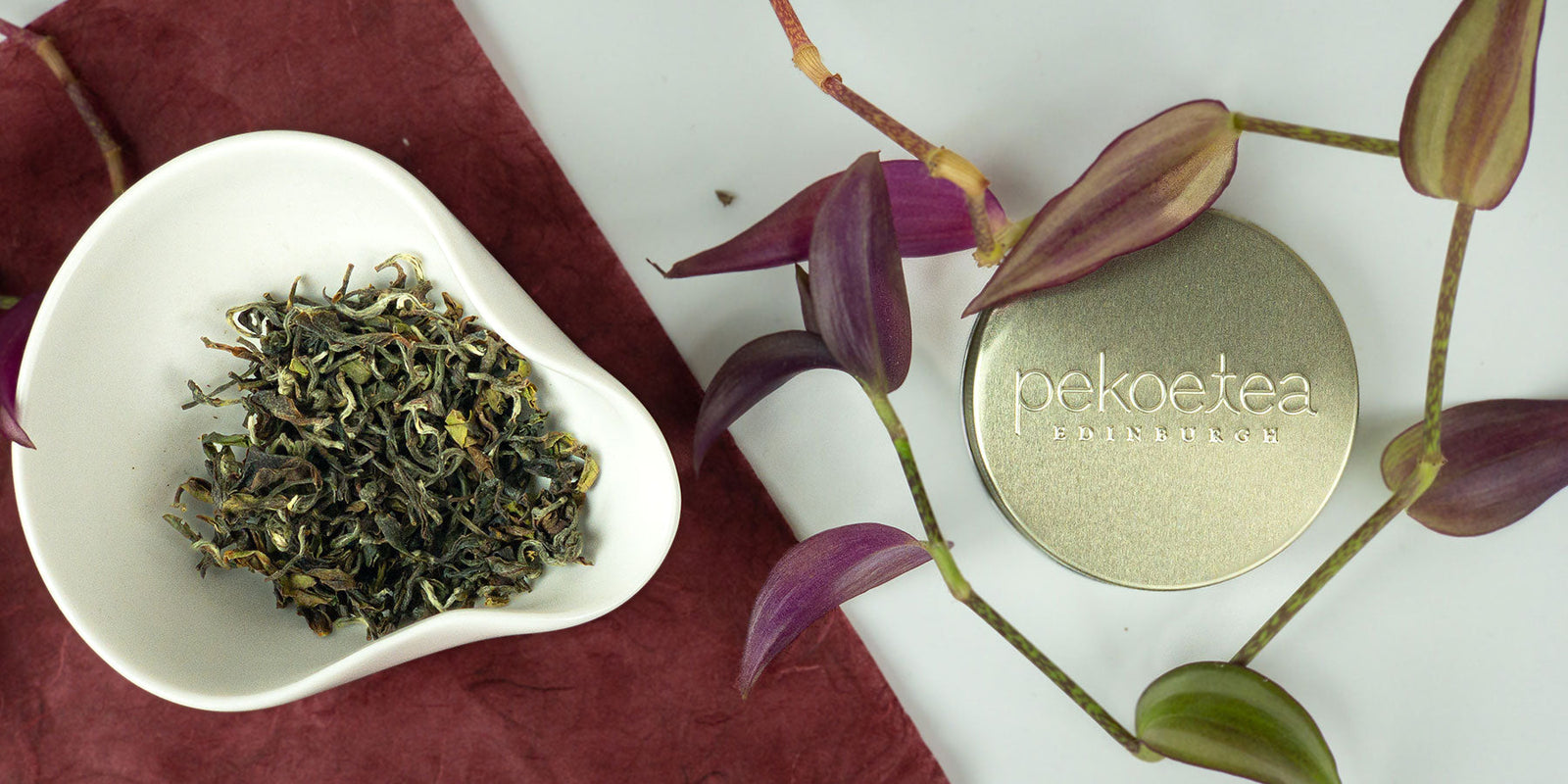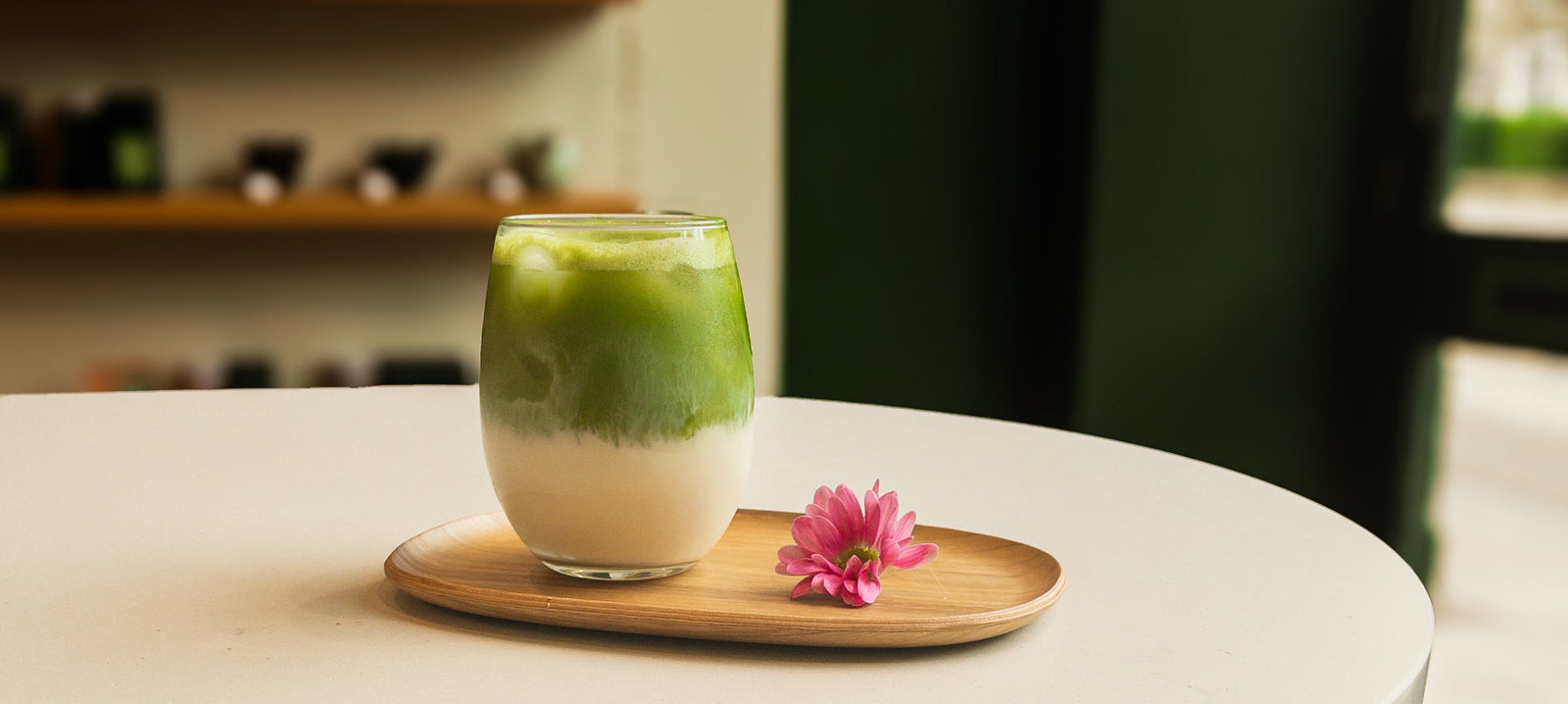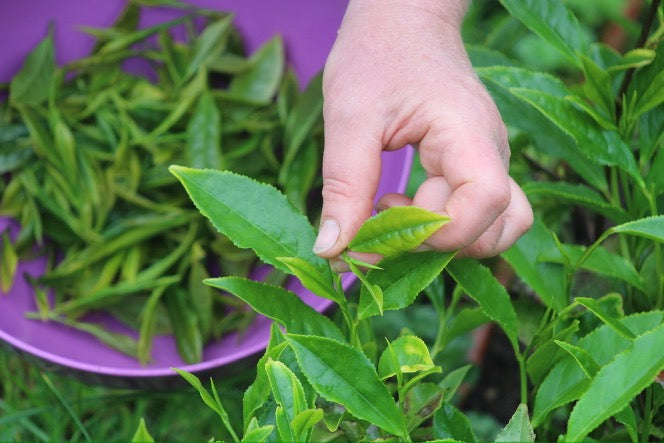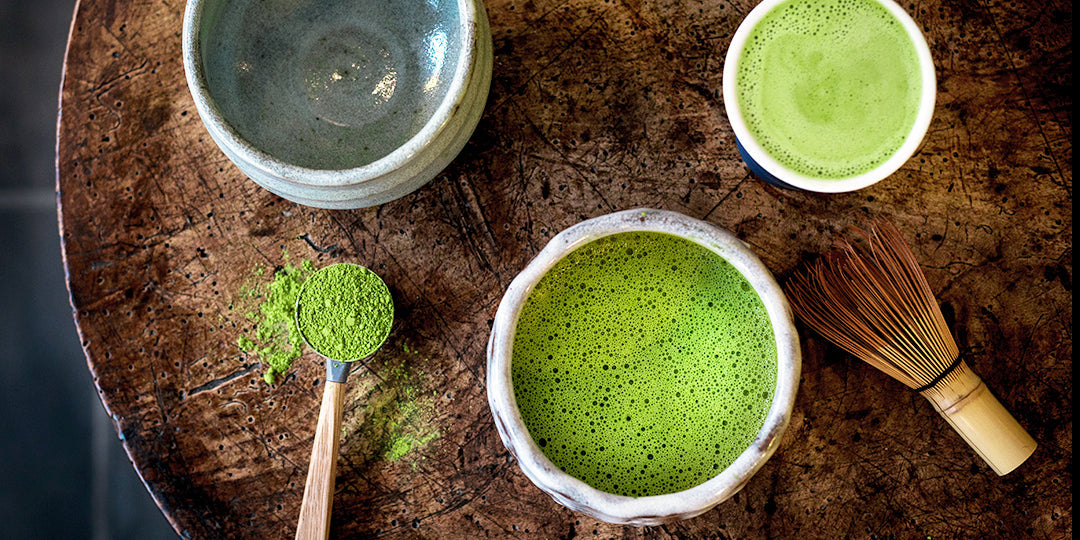Spring has finally arrived in Edinburgh, and so has one of our favourite spring-picked teas. First-flush Darjeeling is the very essence of spring. Fresh, floral, fruity, and full of life while at the same time elegant and delicate. Jethi Kupi is a first-flush Darjeeling that will transport you to the foothills of the Himalayas, where it is grown on the Rohini estate at around 1000 metres of elevation. Keep reading to learn about the origins of Darjeeling tea, what's so special about Jethi Kupi, and how to brew it.
Darjeeling is situated just below the Himalayan mountains in the North-West of India. It sits at an average elevation of 2045 metres and experiences cool summers and even cooler springs. Often clouded in mist, the moist, cool environment provides excellent growing conditions for tea. In the mid-19th century, the British built a hill station for East-India Company employees to recover from the strain of the hot weather on the Indian plains. At this time, the British were consuming large amounts of tea imported from China. To reduce the large amount of silver being traded to China for tea, the British sent Robert Fortune, a Scottish horticulturist, on a mission to China to steal tea seeds and cuttings to be planted and grown in India. Between 1848 and 1852, Fortune stole seeds and cuttings from the Wuyi mountains in Fujian Province, famous for its rock oolong and Lapsang Souchong tea. Due to its suitable mountain environment, the Lapsang Souchong bushes were subsequently planted in gardens in Darjeeling.:
These Chinese bushes still grow in Darjeeling alongside some native Assam varieties. The combination of Darjeeling's environment, terroir, and the Chinese and Assamica bushes creates a unique, delicious tea, one of the most coveted in the world. When tea bushes go through a period of growth where new buds and leaves appear, they are said to be flushing. The first two flushes of Darjeeling produce excellent teas that are both exquisite, both unique to Darjeeling, but quite different in character. First-flush teas are only very lightly oxidised, resulting in light elegant flavours and floral, fruity aromas. Second-flush Darjeelings are more heavily oxidised and have deeper, sweeter fruity notes and more malty undertones. For more on what makes first-flush teas special, read our previous blog post here:
Jethi Kupi is a first-flush Darjeeling produced by the Rohini estate from the year's first harvests. The name comes from the shape of the leaves and the fact that they are picked so early. The leaves are so young that when they begin to grow, they are shaped like cones. Accordingly, in the local dialect, Jethi means "firstborn daughter", and Kupi means "cone." The grade of Jethi Kupi is FTGFOP1, the highest grade possible. Only the top two leaves and bud are picked. After picking, the leaves are withered to reduce moisture content and concentrate flavour; then, they are lightly rolled and baked dry. They are naturally slightly oxidised during this process. The finished leaves are a pleasing mix of fluffy white, bright green, and earthy brown. The dry leaves burst with flowers (rose), fruits (apricots), and some nuttiness.
Brew with boiling water for 3 to 5 minutes. The liquor is golden yellow in colour and smells fruity (apricots come through for me), with floral notes as well. There's a good balance of sweetness with a bit of astringency. It's a tea that's simultaneously delicate and brimming with flavour.

